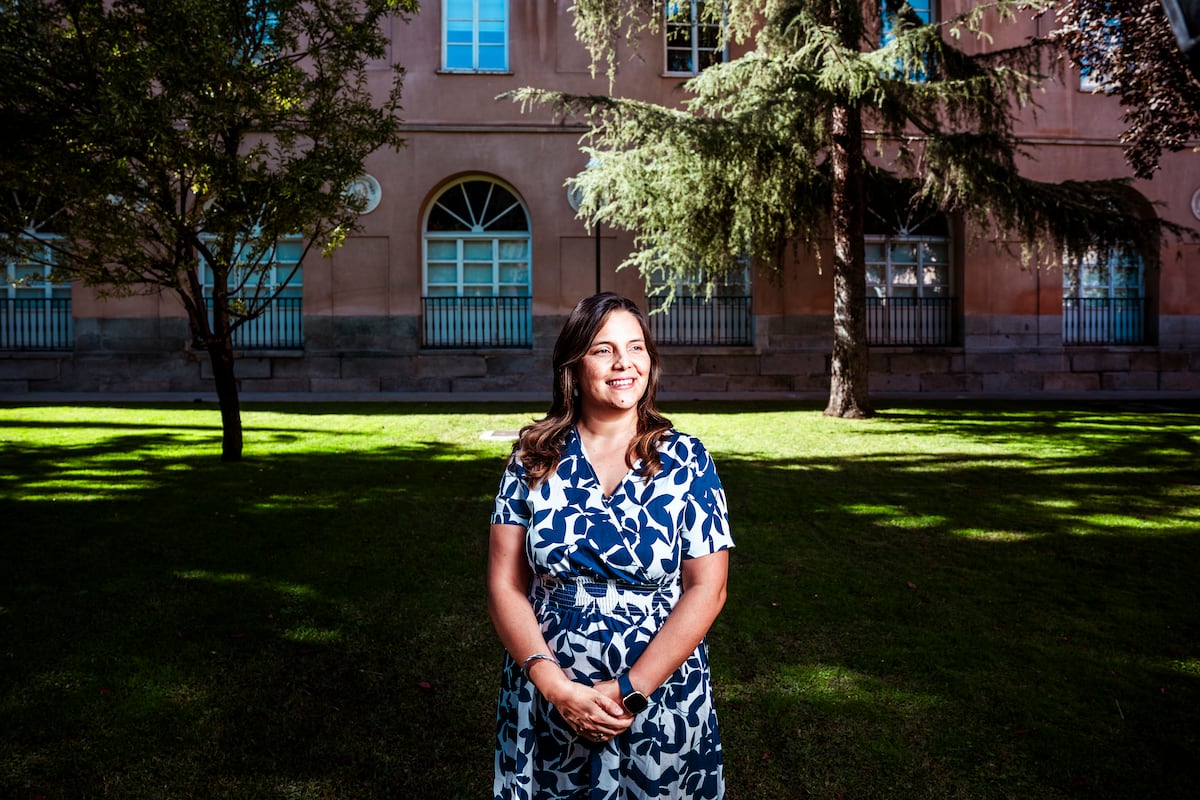
"Before, we used to administer daily medication, focused on treating symptoms that sometimes caused side effects and are expected to be taken for years. This type of therapy requires a significant initial investment because, in addition to the medication, you need a therapist, a psychiatrist, and a nurse all working together but over a short period, maybe about three months, to provide intensive treatment that seeks to address the root cause of the illness."
"Galindo's experience shows that the effort is worth it. In many cases, there is complete improvement, she says. Galindo continues the analogy: In surgery, anesthesia is used to tolerate the physical pain, the surgeon intervenes and cleans the wound, and then the body heals. Here, we use a substance to open and tolerate the emotional pain, to see the wound, process it, and then the person continues to improve, like in a postoperative period."
"Psychedelic drugs are back in fashion in medicine, after decades of being sidelined due to the bad reputation and illegality brought about by their recreational use and association with counterculture. In 2019, the use of esketamine, an analog of ketamine, was approved to treat severe depression, and in recent years a growing number of studies have showed the potential of MDMA, or ecstasy, for post-traumatic stress disorder, and psilocybin, the active ingredient in hallucinogenic mushrooms, for depression."
Liliana Galindo compares psychedelic therapies to surgery, describing a process that opens emotional pain, allows processing, and permits healing akin to postoperative recovery. Traditional treatment relied on daily medications to manage symptoms over years, often causing side effects. Psychedelic-assisted therapy requires a significant initial investment in a multidisciplinary team—therapist, psychiatrist, nurse—delivering intensive treatment over a few months to address root causes. Clinical experience reports many cases of complete improvement. Psychedelic compounds are re-entering medicine after decades of prohibition; esketamine gained approval in 2019 for severe depression, while MDMA and psilocybin show growing evidence for PTSD and depression.
Read at english.elpais.com
Unable to calculate read time
Collection
[
|
...
]